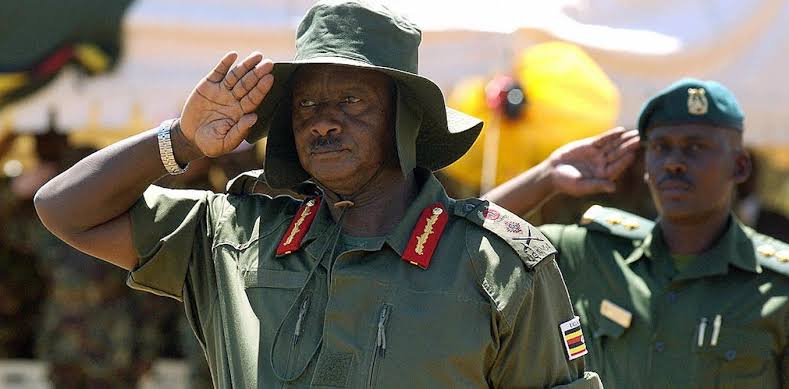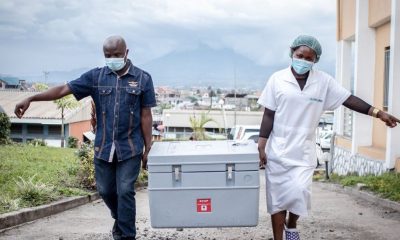Gist
Uganda’s Political Tensions Escalate With Museveni’s Push For Seventh Term

Uganda faces growing concerns of potential unrest ahead of its January 12, 2026, elections as President Yoweri Museveni, 80, seeks a seventh term in office after four decades of rule.
Human rights organizations warn of possible “mass atrocities,” citing a history of crackdowns on opposition and threats of violence from Museveni’s inner circle.
The president recently kickstarted his re-election campaign with a voter registration drive.
However, the opposition alleges widespread violence and intimidation during the 2021 election, in which musician-turned-politician Bobi Wine emerged as Museveni’s most formidable challenger.
Wine, whose real name is Robert Kyagulanyi, has faced arrests, alleged assassination attempts, and the disappearance of supporters.
He expressed deep skepticism about the upcoming election, saying, “As the opposition and myself have experienced the most horrific treatment from the government and we know they can even do worse things, including killing me… we don’t expect the coming elections to be better.”
“(Museveni) is aware his government has no legitimacy and is disliked by the population and can only use more violence to ensure he remains in power,” Wine told AFP.
Opposition leaders continue to face repression
Former presidential candidate Kizza Besigye was abducted in Kenya last November and brought back to Kampala, where he now faces treason charges.
Additionally, 36 members of the opposition Forum for Democratic Change were arrested in Kenya during a seminar and later charged with terrorism in Uganda.
A former Ugandan Supreme Court judge, George Kanyeihamba, lamented the normalization of election-related violence under Museveni. He remarked that only a “miracle” could ensure peaceful elections in 2026.
Tensions Mount Amid International Concerns
The Holocaust Memorial Museum in the United States recently released a report warning of potential mass atrocities surrounding the election.
It cited several factors, including corruption, poor governance, and uncertainty over Uganda’s future leadership.
The report highlighted the government’s heavy-handed response to protests as a major trigger for violence, particularly if opposition movements, led by Bobi Wine, gain momentum.
Ashleigh Landau, the report’s author, emphasized that the regime’s fear of opposition growth could lead to harsher crackdowns. “If protests escalate, the government may view Bobi Wine as a greater threat, resulting in intensified repression,” she said.
Despite these concerns, spokesperson for the ruling National Resistance Movement, Emmanuel Dombo, rejected the allegations, insisting that the party promotes peaceful elections.
He accused opposition figures of inciting violence, stating, “While the government and our party promote the message of peaceful elections, our opponents have been promoting messages of violence.”










